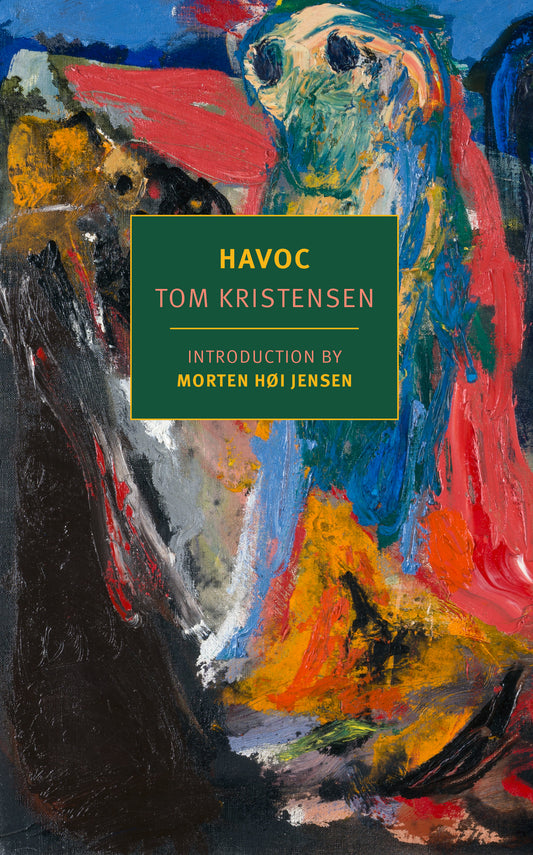Collection:
Tom Kristensen
Tom Kristensen (1893–1974) was born in London to a Danish metal craftsman and his wife. In 1896 the family moved to Copenhagen, where Kristensen would eventually study Danish and English at the University of Copenhagen. His early works, the poetry collection Fribytterdrømme (Pirate Dreams, 1920) and the novel Livets Arabesk (Life’s Arabesques, 1921), were enthusiastically received, and in 1922 he embarked on a trip to China and Japan, which would inspire his next two books of poetry, Paafuglefjeren (The Peacock’s Feather, 1922) and Mirakler (Miracles, 1922). Kristensen served as the literary critic at the leftist daily Politiken from 1923 to 1927 and then again from 1931 to 1963; the first stint inspired his best-known novel, Hærværk (Havoc, 1930). He would go on to publish more poetry, including the volumes Vindrosen (Windroots, 1934) and Mod den yderste Rand (Against the Furthest Edge, 1936); an autobiography, Åbenhjertige fortielser: Erindringsglimt (Candid Concealments: Flashes of Memory, 1966); and several collections of criticism and travel writing. In 1955, he was named a Knight in the Order of the Dannebrog, and in 1960 he was inducted into the Danish Academy. Kristensen lived a notoriously dissolute life in Copenhagen until 1943, when his third wife, Gerda Westermann, died in bed after a night of heavy drinking. He married his fifth wife, Ingeborg “Bosse” Weber, in 1946, and the two settled in the small southeastern island of Thurø, where they lived together until his death. He is buried next to Bosse at a church in Thurø under a stone inscribed with a line from his 1927 poem “Grass”: “If I bow down as low as I can / my world grows high.”





